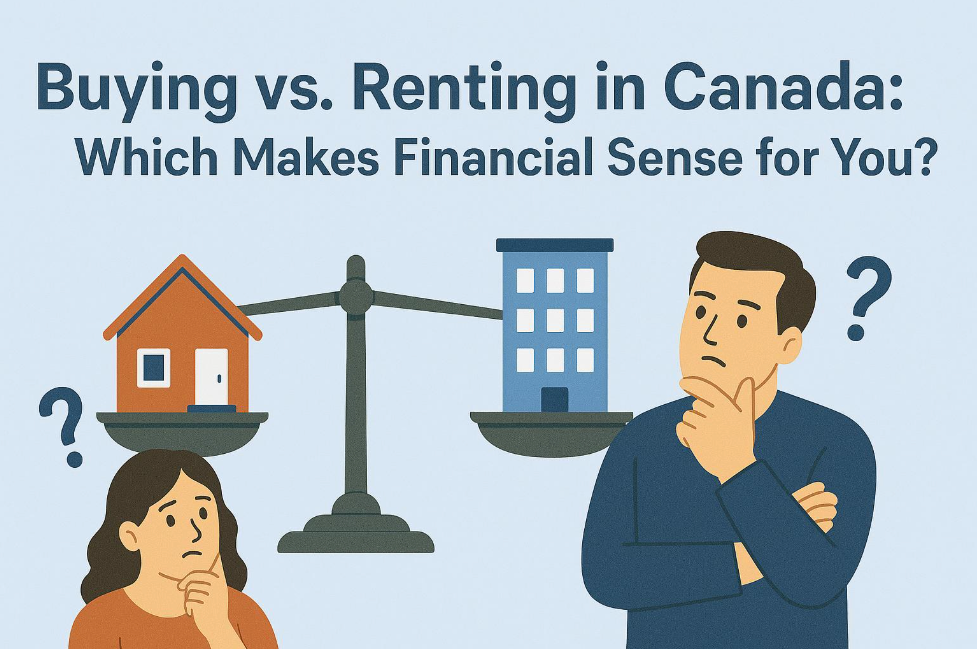First-Time Home Buyer Incentive Update

First-Time Home Buyer Incentive (FTHBI) Update!
The first-time home buyer incentive is a Government interest-free loan for qualified first-time home buyers to help to reduce their monthly mortgage payment without increasing their down payment.
The FTHBI contributes between 5% and 10% of a first-time buyer’s down payment.
By delaying the repayment of this interest-free amount, first-time home buyers can save money over the course of their mortgage. Launched in September 2019, the first-time home buyer incentive is offered by the Canada Mortgage and Housing Corporation (CMHC).
Please note, the first-time home buyer incentive is a shared equity mortgage. That means the Federal Government will technically be a part-owner of your home, although you’ll have exclusive access to it. The government shares in any increase or decrease in the home value until the loan is repaid within 25 years (or when you sell the home).
Expanded FTHBI Program Now Live!
First time home buyers purchasing a home in the Toronto, Vancouver, or Victoria Census Metropolitan
Areas are now eligible for an increased Qualifying Annual Income of $150,000 (instead of $120,000) and an increased total borrowing amount of 4.5 (instead of 4.0) times their qualifying income.
Use our updated calculator to review different scenarios and inform your decision
The FTHBI works like this:
- You receive a 5% incentive of the home’s purchase price of $200,000, or $10,000. If your home value increases to $300,000 your payback would be 5% of the current value or $15,000.
- You receive a 10% incentive of the home’s (new build) purchase price of $200,000, or $20,000 and your home value decreases to $150,000, your repayment value will be 10% of the current value or $15,000.
Just as the name implies, this incentive is for first-time homebuyers. You are considered a first-time homebuyer if:
- you have never purchased a home before.
- you did not occupy a home that you or your current spouse or common-law partner owned in the last 4 years (the 4-year period begins on January 1 of the fourth year before the Incentive is funded and ends 31 days before the date the Incentive is funded)
- you have recently experienced the breakdown of a marriage or common-law partnership (even if you don’t meet the other first-time home buyer requirements)
Use this calculator to find out if you qualify for the First Time Home Buyer Incentive.
Click here to Get more details on the First-Time Home Buyer Incentive (PDF)
The bottom line… Is the first-time home buyer incentive right for you? Maybe… Maybe not…
- You need to decide whether you are eligible for the incentive. Then, crunch some numbers to determine your mortgage affordability with and without the incentive.
- If you want to buy a home that’s more expensive than the maximum allowed under the FTHBI then it might not be for you. On the other hand, understanding the different options available to you might influence your purchasing decision.
It’s impossible to accurately predict future home prices and, therefore, how much the incentive will actually cost you, since you are sharing 5-10% of your home equity with the Federal Government with the FTHBI.
Let’s have a chat to help you determine if the first-time home buyer incentive is right choice for your situation.
Mortgages are complicated, but they don’t have to be… Engage an expert!
Kelly Hudson
Mortgage Broker
Mortgage Architects
Mobile: 604-312-5009






